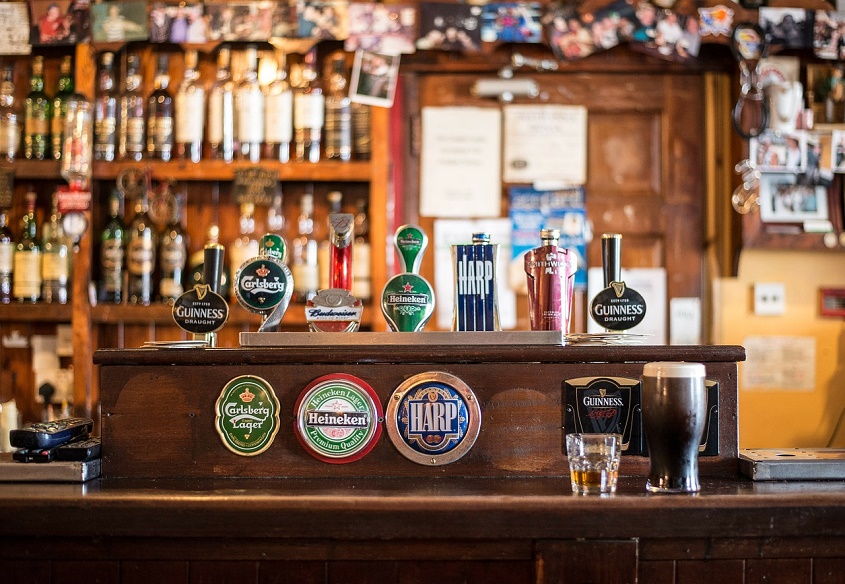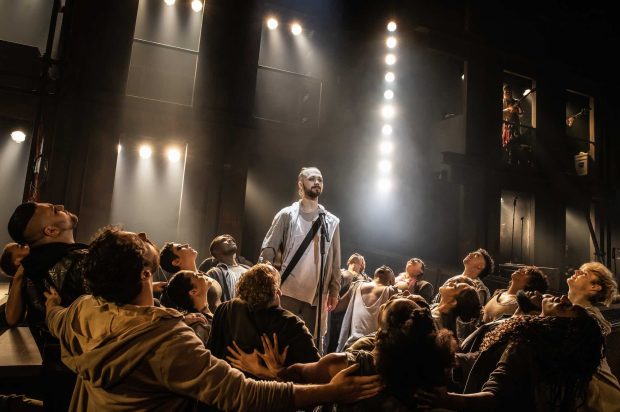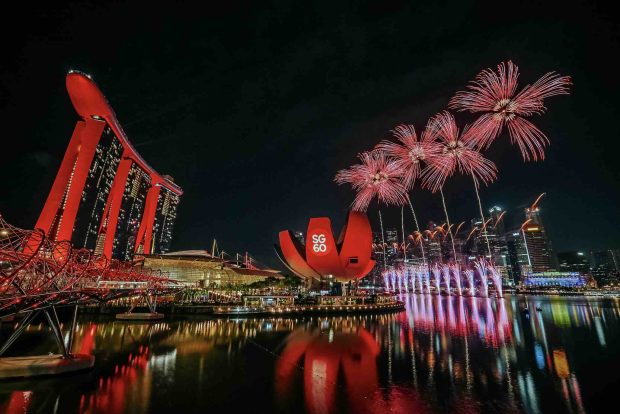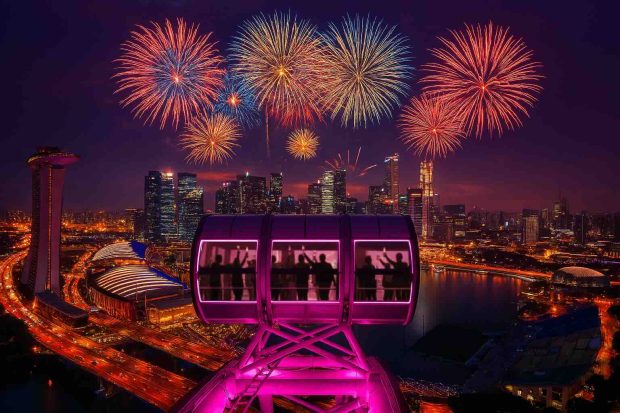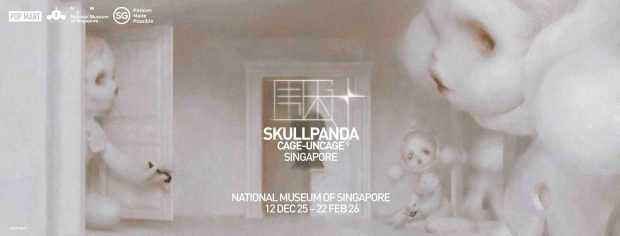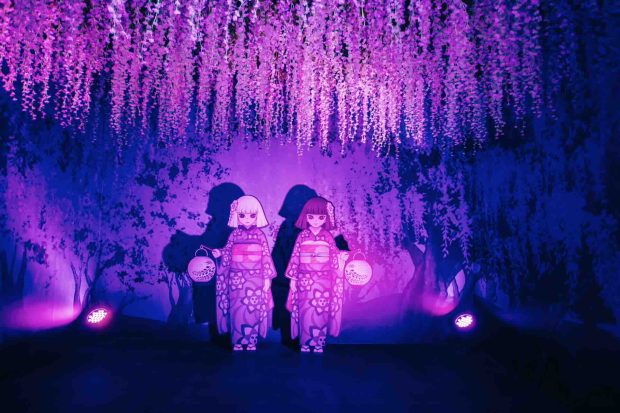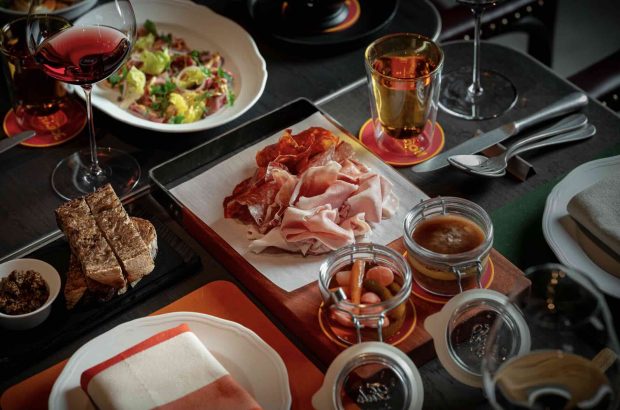In Europe, beer is not just a beverage but an essential part of the culture and economy. Beer festivals across the continent underscore this critical role. These events are not just gatherings, they are celebrations of a long tradition. From a cultural perspective, beer in Europe is a heritage and a craft. Beer brewing is a centuries-old tradition in countries like Belgium, Germany, and the Czech Republic. Beer exhibitions showcase this deep history. They provide a stage for the diverse and complex world of beer and pay tribute to the brewers who have kept this tradition alive over the years.
From an economic perspective, beer shows are essential. The brewing sector is a major player in the European economy, creating jobs and stimulating growth. These events attract beer lovers from all over the world, boosting tourism. They also provide an opportunity for local and international breweries to enter new markets and establish business relationships, facilitating trade.
In addition, these shows are centers of innovation in the brewing industry. They bring together experienced brewers and newcomers, facilitating the exchange of ideas and technology. This leads to new flavors and brewing methods that push the industry into new territory.
Therefore, beer fairs in Europe are important for cultural celebration and economic growth. They highlight the tradition that unites art and science. From the hop fields of Belgium to the historic breweries of the Czech Republic, these events tell a story of passion, heritage, and creativity.
In this article, we take a look at the most critical beer trade shows. If your business has anything to do with beer, be sure to attend.
Pearls of Beer Festivals
Europe’s beer festival scene is as diverse and vibrant as its brewing history, with more beer festivals occurring yearly. These festivals celebrate beer and reflect the growing global interest in different brewing cultures and technologies. The last decade has seen a significant increase in beer production, with producers mastering an ever-expanding range of flavors and styles.
Indicators and trends confirm the growing global interest in different brewing cultures:
- The growing popularity of craft beer: There has been a surge in the popularity of craft beer around the world, known for its diverse flavors and brewing techniques. This trend is often reflected in the growing attendance and interest in beer festivals that showcase craft beer varieties.
- Growing Attendance at Beer Festivals: Many beer festivals in Europe and worldwide have steadily increased attendance, indicating a growing interest in beer culture.
- International participation: These festivals often feature beers and brewers from around the world, indicating a global interest in participating and learning about different brewing cultures and practices. In addition, there is an increase in the number of franchises related to the beer industry.
- Educational components: Many beer festivals now include educational seminars and workshops, indicating a growing interest among attendees in understanding the brewing process, the history of beer, and various brewing techniques.
- Media coverage: Increased media coverage of these events in traditional and social media indicates a growing interest in beer culture worldwide.
- Growing number of breweries: The number of breweries, especially craft breweries, is increasing worldwide, reflecting the growing interest in different beer styles and brewing methods.
Here’s a look at some of Europe’s best beer festivals:
Belgian Beer Weekend in Brussels, Belgium
Dates: Usually held in early September.
Venue: Grand Place, Brussels.
Website: https://expostandbuilders.com/event/belgian-beer-weekend
This festival pays tribute to Belgium’s brewing heritage. It features over 200 beers from over 100 breweries, including unique Trappist, lambic, and abbey beers. The event occurs on the historic Grand Place, providing a picturesque backdrop for a wide range of beer-tasting opportunities.
Mikkeller Beer Celebration Copenhagen (MBCC) in Copenhagen, Denmark
Dates: Often held in early May.
Venue: Halmtorvet 11M, 1700 København V, Danmark
Website: https://expostandbuilders.com/event/mikkeller-beer-celebration-copenhagen-mbcc
The MBCC, held annually, is a celebrated craft beer festival attracting top brewers, beer aficionados, and industry experts from around the globe. Famous for its extensive selection of craft beers from over 100 breweries, this festival stands out as a must-attend event for anyone keen on exploring the newest trends and breakthroughs in craft brewing.
Prague Beer Festival in Prague, Czech Republic
Dates: Held over 17 days in May.
Venue: Letna Park, Prague.
Website: https://expostandbuilders.com/event/prague-beer-festival-prague-beer-fest
This festival features over 100 breweries, including well-known Czech brands, and offers a wide range of beer tastings. Located in the picturesque Letna Park, it combines a traditional beer garden atmosphere with a wide selection of Czech beers.
Geneva Beer Festival in Switzerland
Dates: Usually held in late April or early May.
Venue: Various venues around Geneva.
Website: https://expostandbuilders.com/event/geneva-beer-festival
This festival brings together local and international brewers and wine and kombucha producers to showcase the diversity of the fermented beverage world. It is a unique blend of traditional beer culture and modern experimental brewing.
All In Beer Festival in Göteborg, Sweden
Dates: Held in November.
Venue: Swedish Exhibition and Congress Center, Gothenburg.
Website: https://expostandbuilders.com/event/all-in-beer-festival
Over 40 breweries and open beer bars take part in this celebration of local craft breweries. It’s a celebration of Sweden’s burgeoning craft beer scene, offering various unique, locally produced beers.
Vilnius Beer Festival in Vilnius, Lithuania
Dates: Usually in June.
Venue: Various venues around Vilnius.
Website: https://expostandbuilders.com/event/vilnius-beer-festival
Known for showcasing unique beers beyond the standard pilsners, lagers, and ales, this festival highlights the innovative spirit of Lithuanian brewers. It is an opportunity to experience less common beer styles in a colorful and festive atmosphere.
Kulmbacher Bierwoche in Kulmbach, Germany
Dates: Held in late July and early August.
Location: Kulmbach city center.
Website: https://www.kulmbacher-bierwoche.de/
This event is the quintessential German beer festival, featuring local Franconian food, music, and specially brewed festival beers. Known for its lively atmosphere and traditional German festivities.
Bergkirchweich in Erlangen, Germany
Dates: Usually in late May or early June.
Location: Erlangen, Bavaria.
Website: https://expostandbuilders.com/event/erlanger-bergkirchweih
This festival takes place under old chestnut trees decorated with lanterns and is a unique place to enjoy a cold beer. The festival features regional and international cuisine, allowing you to take a culinary journey with your beer tasting.
International Berlin Beer Festival in Berlin, Germany
Dates: Usually the first weekend in August.
Location: Along Karl-Marx-Allee, Berlin.
Website: https://expostandbuilders.com/event/international-berlin-beer-festival
Known for its beer mile, this festival celebrates both local and international beers. It is a celebration of Berlin’s diverse and cosmopolitan beer culture. The long stretch is lined with beer stands, each offering a different taste experience.
Each festival offers a unique window into Europe’s rich and evolving beer culture. More than just a beer tasting, it celebrates the European beer landscape’s communities, traditions, and innovations.
Contribution to beer exhibitions and attracting clients
Beer festivals, such as the famous Bergkirchweih in Erlangen, Germany, are crucial in attracting customers and promoting the beer industry. These events celebrate brewing culture and significant business and marketing platforms for breweries, large and small.
Beer expos provide a platform for breweries to showcase their products to a broad audience. This includes the introduction of new flavors, limited editions, or experimental beers. The exposure gained at these events can attract new customers and retain existing ones.
These events are great for networking. Brewers can connect with distributors, retailers, and other industry professionals. This networking can lead to new business opportunities, collaborations, and market entry.
In addition, attending beer festivals helps build brand awareness. Breweries can connect directly with consumers, share their brand stories, and create memorable experiences. These interactions build brand loyalty and awareness.
Trade shows like these allow breweries to conduct market research. Brewers can gain valuable insights into consumer preferences and trends by interacting with customers and getting direct feedback on their products.
Many beer shows offer seminars, workshops, and tastings led by industry experts. These sessions allow brewers to learn about new brewing technologies, marketing strategies, and industry developments.
Large beer festivals such as the Bergkirchweih attract tourists, benefiting the breweries and the local economy. Visitors to the festival are more likely to patronize local breweries, restaurants, and attractions, contributing to overall economic development.
Such events foster a sense of community among beer lovers. Breweries can interact with this community and build a base of loyal customers who will support them after the festival.
At beer festivals, breweries strive to create an atmosphere where visitors feel comfortable. Often, the festival looks like one big beer hall where everyone can enjoy a drink. But for a brewery to get noticed, it must stand out at the festival. They use the classic trade show method – building a unique booth to achieve this.
Effective Trade Show Participation
First and foremost, a memorable beer presentation is essential. To effectively showcase beer at trade shows, focus on creating an engaging and exciting experience for visitors.
Create a visually appealing booth with themed elements related to your brand or specific beers. Ask your exhibition booth construction company to use bright colors, exciting signage, and attractive lighting.
Offer beer tastings, food pairings, or even virtual reality tours of your brewery. Interactive elements encourage visitors to spend more time at your booth. Festivals are always associated with fun, food, and entertainment, so give visitors what they expect.
Educate visitors about the brewing process, ingredients, or history of your beer. This can be done with informative displays or engaged staff. Storytelling works best with people. This is an excellent way for a brand to connect with its consumers.
Use the event to build relationships with potential distributors, retailers, and customers. Face-to-face interactions can lead to long-term business opportunities.
Hand out branded merchandise, brochures, or samples. This can increase brand recall long after the event. Of course, the best way to do this is to showcase your main product – beer.
Use social media to promote your presence at the festival. Live updates, contests, or walkthroughs can draw attention.
Partner with event organizers by offering sponsorships or joint marketing efforts to expand your reach.
Launch exclusive or limited-edition beers at the festival to attract the attention of enthusiasts and the media.
Marketing and Product Presentation
To attract visitors, design your booth with a unique theme that reflects your brand identity or a specific beer line.
- Include interactive touchpoints such as digital screens where visitors can learn about your beer, the brewing process or play games.
- Host live brewing demonstrations or beer tastings led by knowledgeable staff.
- Build your booth with eco-friendly materials to appeal to eco-conscious consumers.
- Use digital technologies such as augmented reality to create interactive product catalogs or virtual brewery tours.
- Offer personalized beer recommendations based on visitor preferences gathered through digital interfaces.
Impact of Exhibitions on the Economy and Culture
Beer festivals contribute significantly to local economies through tourism, sales, and employment opportunities.
Festivals attract international visitors, boosting the hospitality and service sectors, including hotels, restaurants, and local attractions. They provide a platform for local breweries and related businesses to expand their customer base and increase sales.
In addition, beer festivals serve as a platform for cultural exchange, showcasing the diversity of European beer traditions. They help to preserve traditional brewing methods and recipes, contributing to the cultural heritage of brewing.
Festivals encourage innovation in brewing, as breweries strive to create unique offerings to stand out at these events.
Beer festivals play an important role in Europe’s economy and tourism and contribute to preserving and developing the continent’s rich beer culture. Effective participation in these events through innovative presentations, networking, and marketing can significantly increase a brewery’s visibility and influence.
Results of Beer Fairs in Europe
Beer expos invariably contribute to the economic growth of the regions in which they are held. Attracting thousands of visitors, these events stimulate the local economy, benefiting hotels, restaurants, and other businesses.
They showcase the diversity and richness of Europe’s brewing traditions, fostering a greater understanding of this aspect of Europe’s heritage. Beer shows have become hotbeds of innovation, where breweries experiment with new flavors and brewing techniques. New beer trends often emerge at these events and influence the industry.
International breweries will likely participate in beer shows, further increasing the global appeal and diversity of these events.
Technology integration into trade shows, such as virtual reality brewery tours or interactive apps for navigating the event and tasting beer, will likely increase, providing a more immersive experience.
In conclusion, beer trade shows in Europe have had a significant impact on both the economy and culture of the region. Increased international participation, technological advances, a focus on sustainability, educational enrichment, entry into new markets, and a stronger sense of community and collaboration within the beer industry will likely characterize their evolution. This evolution will allow beer fairs to remain a vital and dynamic aspect of Europe’s cultural and economic landscape.

